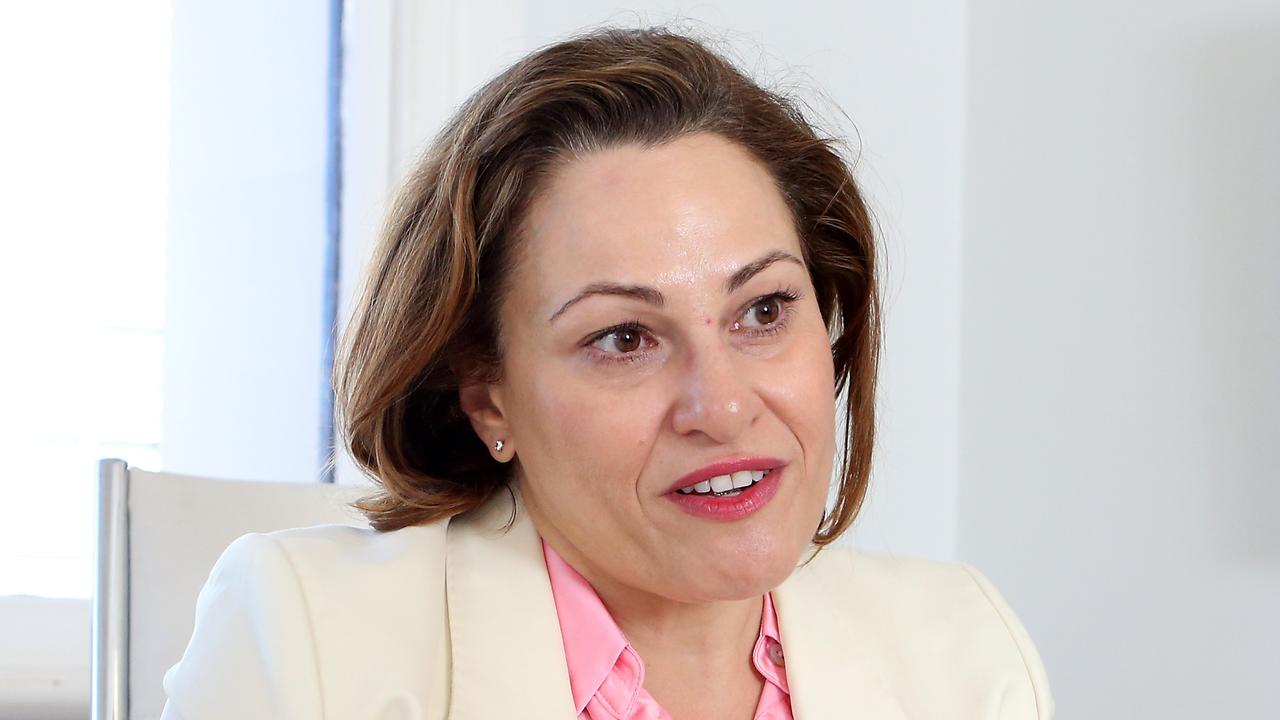Urgent call from CEDA to tackle gender job segregation
More family-friendly policies would help reduce gender segregation, says CEDA.
Implementing more family-friendly policies should be among the initiatives taken to address worsening gender segregation in key industries including construction, technology, health and education, the Committee for Economic Development of Australia has found.
In a submission to the federal government’s Employment White Paper, CEDA says occupational gender segregation – where a job is done by either mostly male or female workers – remains at a high level in Australia, despite the growing proportion of women in the workforce.
According to the Workplace Gender Equality Agency, 12 per cent of construction workers in 2018 were women compared to 14 per cent in 1998. The proportion of female workers in health care and social assistance was 79 per cent in 2018, up from 77 per cent in 1998.
CEDA chief executive Melinda Cilento said there remained a low proportion of women in traditionally male-dominated industries such as construction, mining, science, technology, engineering and mathematics, and manufacturing.
“Conversely, there is a low share of men in female-dominated industries, such as health care and education, and some of these occupations have become even more segregated over time,” she said. Even in female-dominated industries, men still disproportionately held more leadership positions.
“While many social, historical and economic factors have driven this segregation, many of the remaining barriers to change are cultural – whether at the government, workplace or individual level,” Ms Cilento said. “We must tackle these entrenched cultural barriers wherever they exist.”
According to CEDA, a significant cultural barrier is access to flexible work. Rigid workplace structures and cultures that insist on fixed hours, locations and modes of attendance further entrench occupational segregation.
Since the Covid pandemic, flexible work arrangements have overtaken compensation as the highest priority for jobseekers.
CEDA says Australia has had one of the least generous and most unequal paid parental leave schemes in the OECD, with 99.5 per cent of parental leave taken by mothers.
The federal government expanded the scheme from 18 to 26 weeks in the October 2022 budget, starting in July. Changes include greater flexibility around the timing of leave taken by both parents.
Men are still 1.8 times more likely than women to be working in a STEM field five years after completing their qualification. The proportion of women studying and working in STEM has barely changed since 2015.
According to CEDA, the skilled migration system also adds to the problem, as female migrants are more likely to be secondary applicants to their partner’s visa, and to work in lower-paid occupations.
“We must break down entrenched barriers in the jobs market,” Ms Cilento said.



